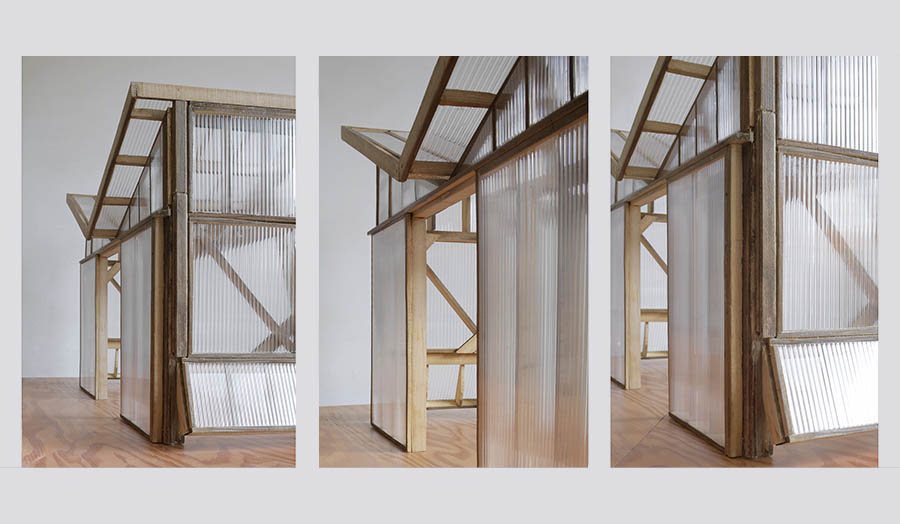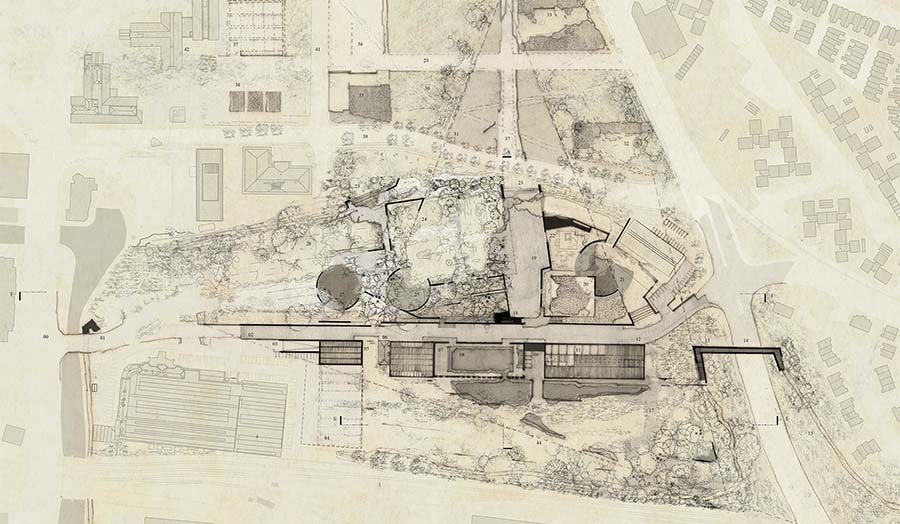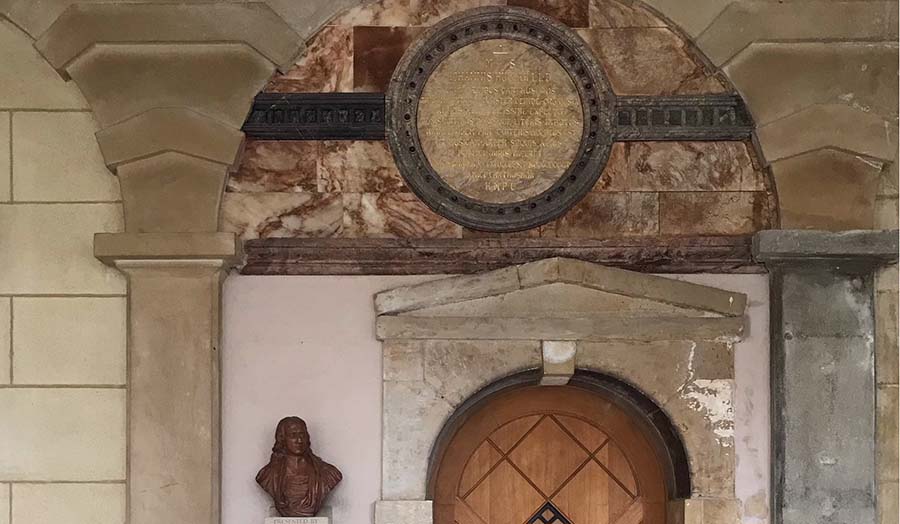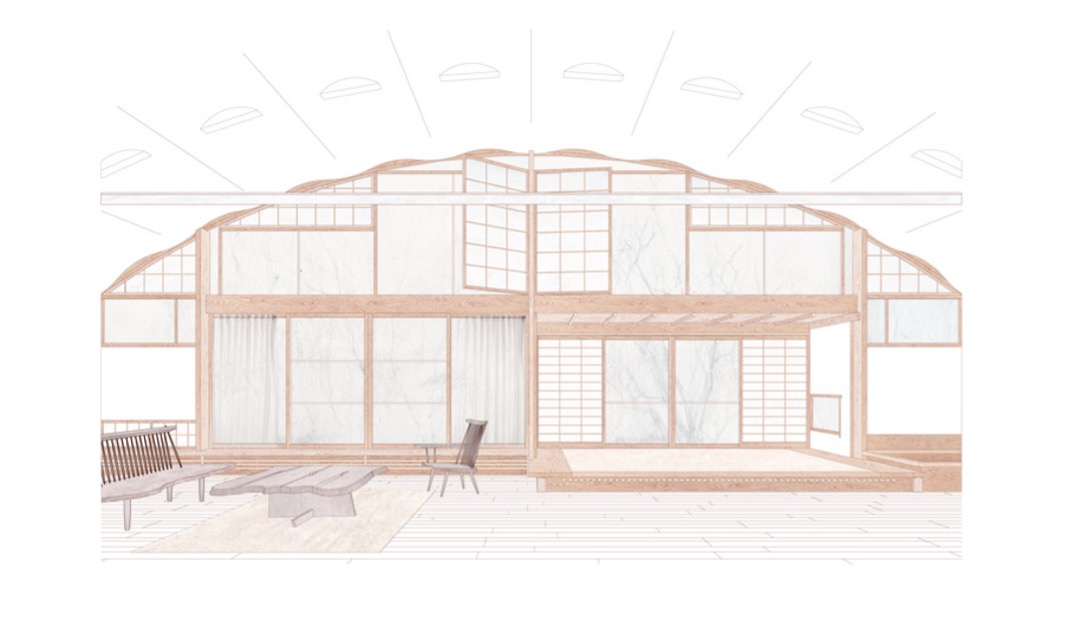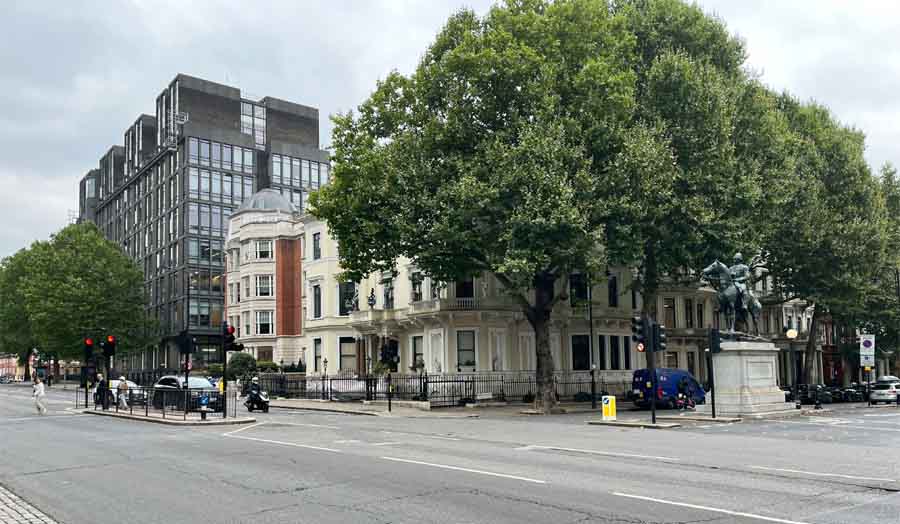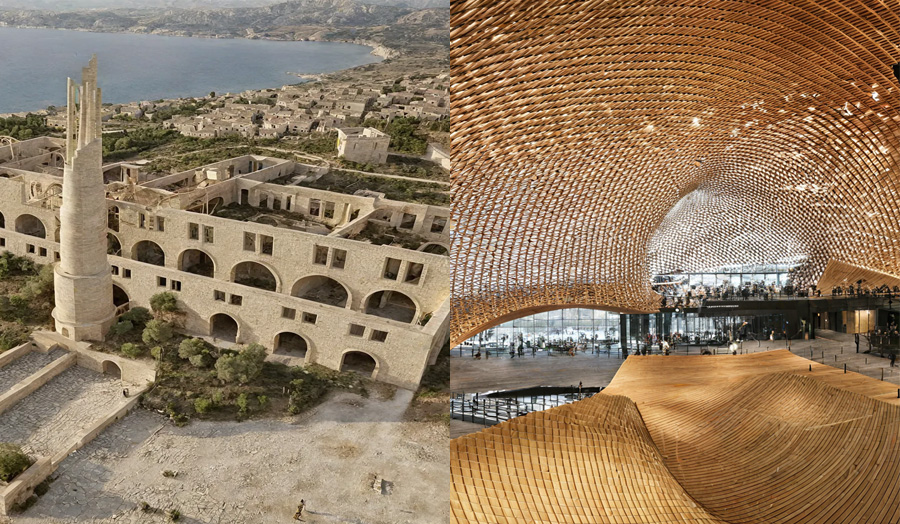Unit brief
Unit 06 - Architecture of Rapid Change and Scarce Resources - will work in Athens, concluding our 3-year investigation into housing, social infrastructure and people in displacement. We will focus our study in the urban neighbourhood area of Tavros located to the West of the city - a historical area of ‘arrival’ and settlement for refugees and migrants for over a century. Tavros features various housing types and industrial developments that chart the progress of city building and urban integration in Athens since the early 20th century.
We will begin the year with an in-depth look at the polykatoikia building typology, characterised by reinforced Dom-Ino-style concrete frame with various infills. These structures define the architectural ‘look’ of modern Athens, addressing and responding to socio-economic development, construction realities, and the demanding Mediterranean climate. Individual design work will focus on detailed technical studies to create a new context for construction.
Students will participate in a field trip in October 2024 to Athens, a transformative city with a rich history, at the eastern edge of Europe. Students will work collaboratively in the urban setting to produce a detailed study map of the Tavros neighbourhood. You will explore the condition and patterning of the architectural assemblage, and cultural and physical topography at scales ranging from the city and neighbourhood to street and building scale. Close engagement with the resident local population through hands-on activities will provide you with first-hand information and experiences. This will foster meaningful architectural discourse developed through personal responses and approaches to contemporary issues, solidly connected to the realities of this unique urban setting.
Within the context of sustainable development and critical discussions on the future of refugees in Athens, we will investigate the housing blocks built from the 1950s. This process includes assembling pieces of social infrastructure and envisioning future opportunities for displaced homemakers within chosen sites. We will encourage the idea of 'becoming' and imagining the 'city yet to come,' built and maintained with local capabilities and pre-existing materials.
Working with local partners in Athens, including grassroots and civil society organisations, we will help you to discover new ways of looking, imagining and representing your ideas. This will involve weekly workshops, seminars, and individual tutorials, fostering cooperation among fellow students. You will craft your own brief and manifesto, imagining new social cohabitation and shared spaces from a narrative assembled from your physical and cultural investigations. This approach will address issues related to climate change and the built environment, such as global warming, water security, low-cost and low-carbon construction techniques, thermal performance, and material culture. Topics like biophilia, urban farming, and local food production will be introduced throughout the year as appropriate through productive workshops led by invited guests.
In addition to the field trip in October 2024, there will be a further opportunity to join a fully-funded month-long live project residency in Athens in summer 2025, supported by The Water Trust (ARCSR) and The Turing Scheme. The residency will support Refugee Week Greece 2025.
Studies will be carried out with optimism, in the expectation that the creative interplay between the students’ energy and residents’ ongoing act of dwelling will generate valuable and meaningful architectural discourse. This will engage with the architectural opportunities and responsibilities available within civic topography.
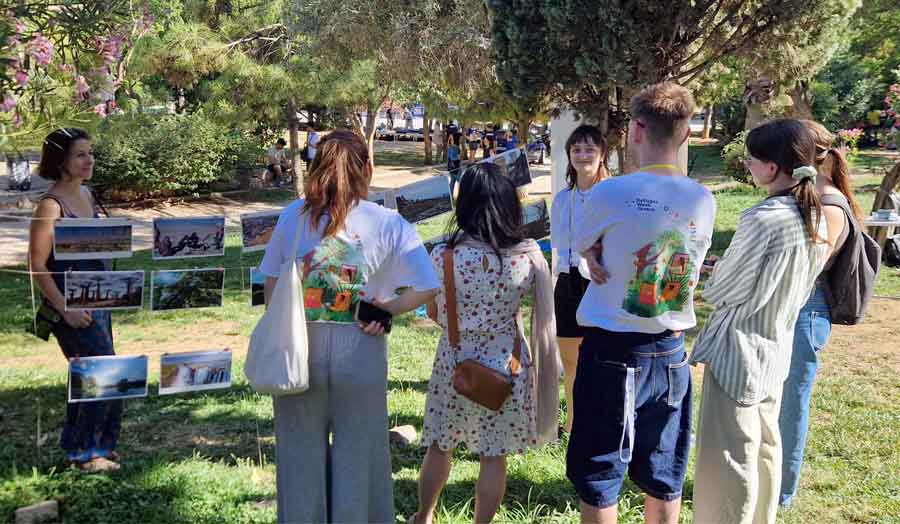
Image credit: Shamoon Patwari
Details
| Course | |
|---|---|
| Tutors |
Robert Barnes Shamoon Patwari |
| Where | Goulston Street |
| When | Monday and Thursday |

